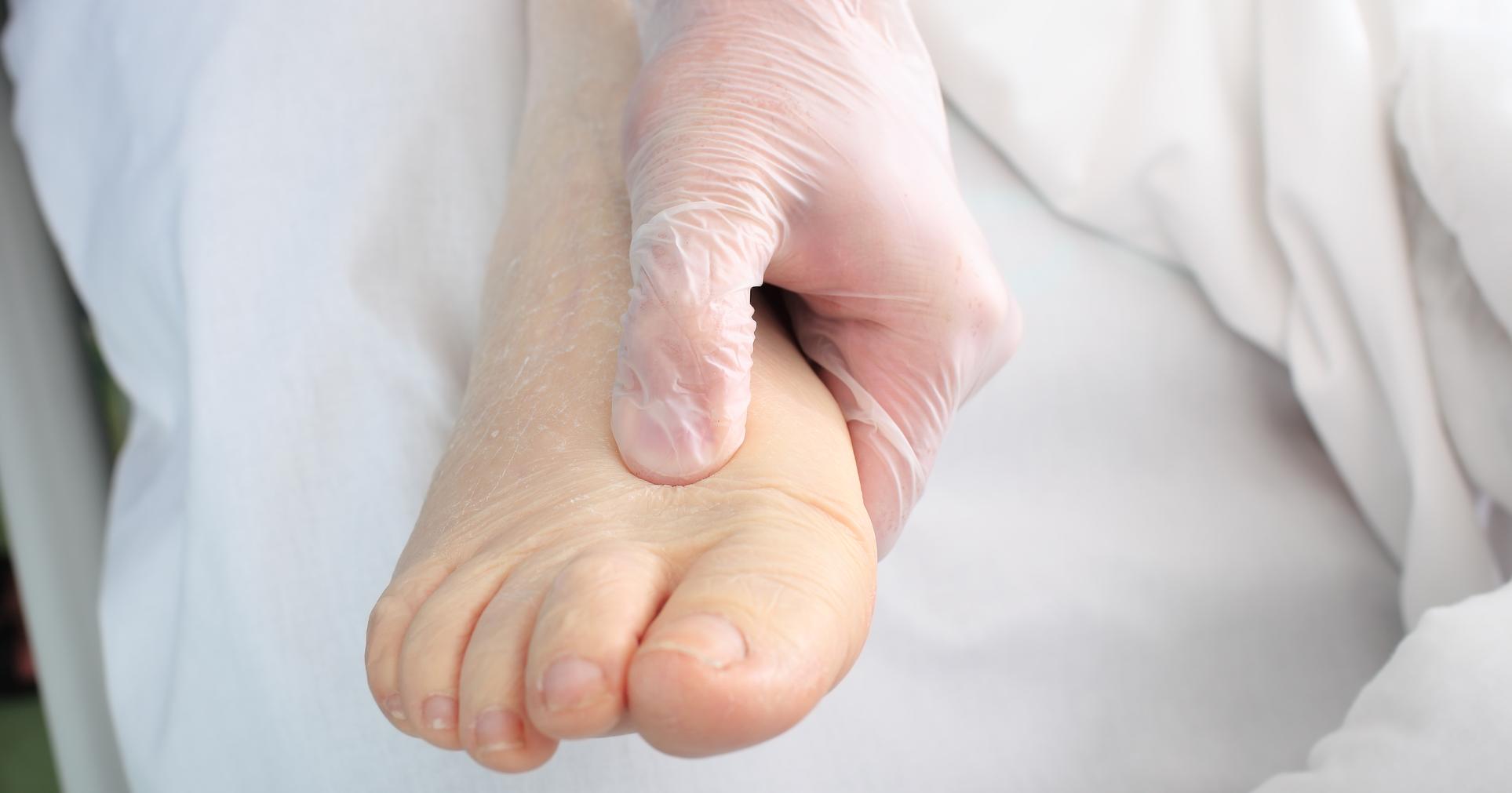Signs Of Alport Syndrome
Alport syndrome is an illness that causes damage to the tiny blood vessels found in kidneys and can lead to kidney disease and even kidney failure. Additionally, Alport syndrome might cause problems with the eyes and hearing loss. Kidney damage is caused when the syndrome attacks the glomeruli, which are tiny filtering units found inside the kidneys. Alport syndrome is a genetically inherited disease passed down through families. The leading cause is mutations found in the genes that affect the protein 'collagen.' Collagen is a necessary component of normal kidney structure and function. Collagen changes also have the potential to cause issues with the eyes and ears. Alport syndrome has three genetic variants, but no matter which it is, though, the kidneys will be affected. These are the main signs and symptoms a person is afflicted with Alport syndrome.
Hematuria

Hematuria is the medical name given to the phenomenon where blood enters a person's urine, and it is often a sign of an issue with the kidneys. In Alport syndrome, it's the earliest and most common symptom. Hematuria tends to make the urine appear to be red, pink, or cola-colored because of the red blood cells. Thankfully, bleeding doesn't tend to be painful unless you pass blood clots in the urine. Many other issues might cause bloody urine, but in all cases, make an appointment with your doctor should you notice blood in your urine.
Some common causes besides Alport syndrome are urinary tract infections, other kidney infections, bladder or kidney stones, an enlarged prostate, or cancer. It might also be a side effect of certain medications. If you don't have a family history of Alport syndrome, it's likely the bloody urine is caused by another issue.
Edema

Edema occurs when the feet, ankles, legs, and area around the eyes become swollen as a result of abnormal fluid accumulation. The exact symptoms will vary depending on the type of edema the patient is suffering. Symptoms of the peripheral version tend to include swelling of whatever areas are affected, and the surrounding skin will tighten. Swelling tends to be gravity-dependent, meaning it will change depending on the body's position. When a patient is upright, the swelling may increase; when they keep their legs elevated, it may decrease in the legs but appear more prominently in their eyes. The skin around the swollen area will look shiny and tight. If a person applies pressure with their finger, an indentation will often appear.
This symptom occurs with Alport syndrome because the capillaries in the body have leaked blood into their surrounding tissue, and the excess fluid causes the swelling. Fluid leaking from the blood vessels is caused because of abnormalities in the body's collagen production. The collagen is necessary to regulate their blood vessels correctly.
Hypertension

Hypertension, also called high blood pressure, is also a common symptom of Alport syndrome. A person with normal blood pressure will have a reading of 120 over 80 (systolic over diastolic). The reading would need to be higher than 130 over 80 to qualify as high blood pressure. In Alport syndrome, high blood pressure occurs as a result of the underlying kidney condition. However, high blood pressure can also occur without being caused by an underlying condition.
Hypertension has some associated risks. For instance, if unmanaged, it could cause a stroke, heart attack, or other problems related to the cardiovascular system. Blood pressure can sometimes be managed by reducing the stress levels in and increasing the rate of physical exercise. It may also be controlled with different medications. However, in Alport syndrome patients, it's more important to treat the underlying condition than high blood pressure alone. Easing the symptoms of the kidney disease will lead to a reduction in blood pressure.
Protein In The Urine

Protein in urine, otherwise known as proteinuria, tends to be a sign of kidney disease. It can be a symptom of Alport syndrome and other kidney conditions. When the kidneys are healthy, a great deal of protein won't pass throughout the filters. But when Alport syndrome or other kidney disease damages the filters, proteins may leak from the blood into the urine.
Another common cause of proteinuria is an overproduction of protein by the body. When Alport syndrome doesn't present with blood in the urine as the first symptom, sometimes proteinuria will be the first symptom found. It is discovered when a urine test is done during a routine physical exam. If proteinuria is found in a patient's urine test, the doctor will follow it up with blood tests to check the kidney function. Patients with a genetic history of Alport syndrome should have urine tests done semi-regularly to make sure their kidneys are functioning correctly.
Fatigue And Lethargy

Fatigue and lethargy can be a sign of hundreds of different health conditions related to both physical and mental health. If a person is experiencing lethargy without any other symptoms, it's unlikely Alport syndrome is the cause. However, they should still be cautious if they have a family history of the disease. When fatigue is caused by Alport syndrome, the symptom occurs because the kidneys have experienced a severe decrease in their function, which causes impurities and toxins to build up in the blood. These toxins lead to feelings of tiredness, weakness, and decreased concentration. You might also experience anemia as a result of kidney disease, which leads to fatigue and weakness.
Patients who experience these symptoms due to Alport syndrome will generally have other symptoms leading to the fatigue, since, as stated, it's unusual for kidney function to decrease drastically enough to cause fatigue without first showing other signs. However, the phenomenon isn't unheard of. If you're unusually fatigued, it's important to talk to a medical professional to make sure a serious issue isn't the underlying cause.
